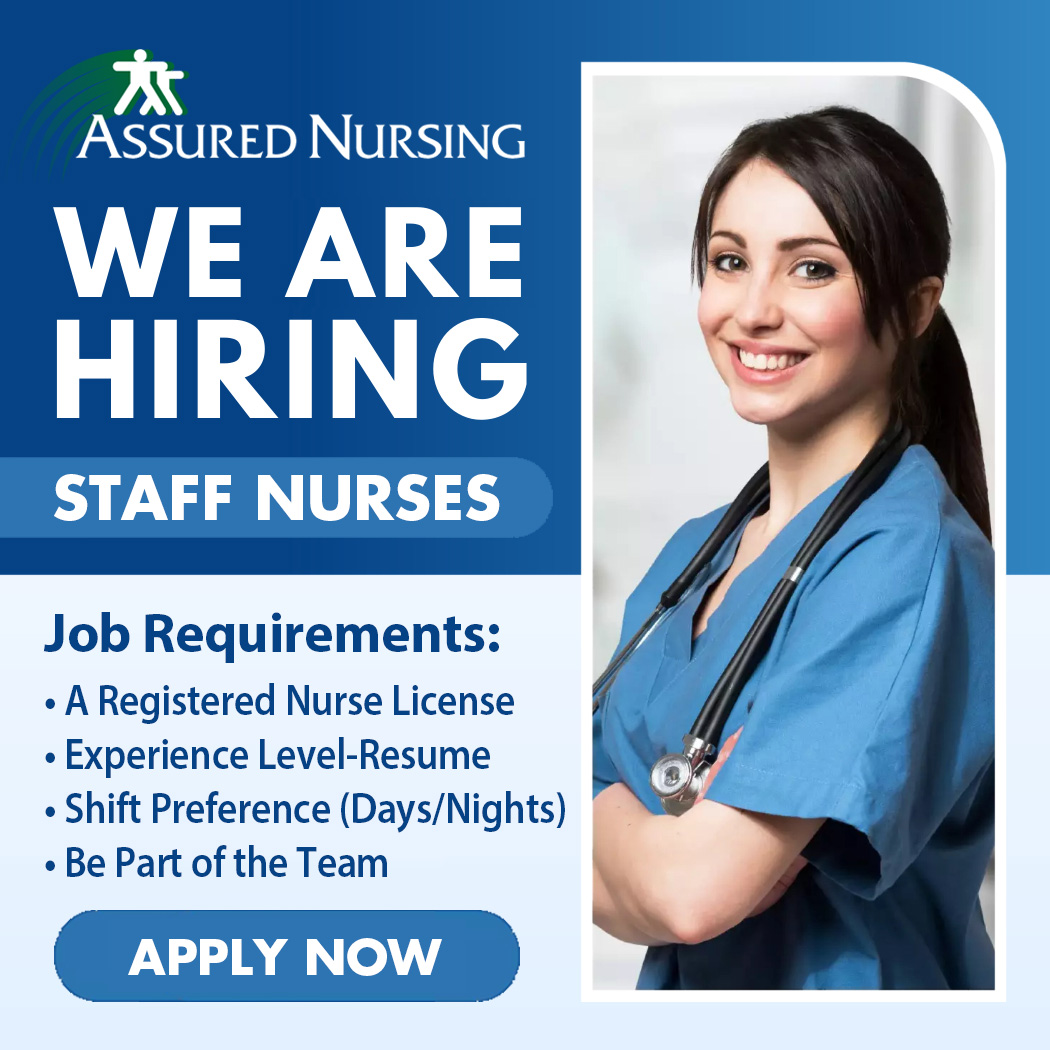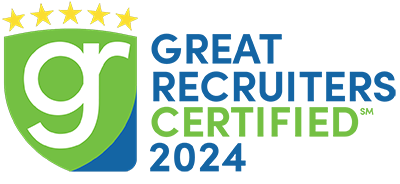Assured Nursing’s Credentialing Checklist
Preparing for the Process
Assured Nursing wants the best for your healthcare career. Once you’ve verified your license, you can search for shifts at hospitals and healthcare facilities nearby. However, you’ll likely need additional nursing credentials to land those contract and PRN jobs. All of these may need to be submitted with the initial application to expedite the hiring process. Nursing professionals across all license types connect with local per diem shifts with Assured Nursing, a modern approach for strategic and responsive staffing.
This checklist is not intended to declare all the credentials needed—instead, it provides general information about common nursing credentials.
Requirements by facilities vary not only by license and position but also by the state in which the facility or hospital is located and the nature of the setting. RN job requirements will vary across CNA or LPN job requirements, although there will also be commonalities. Regardless, we’ve put together an all-inclusive nurse onboarding credentials list. As you gather these nursing credentials—be sure to ready them for your Assured Nursing recruiter.
Standard Nursing Clinician Documentation
✔️ W-9 Form: The IRS Form W-9 is typically used by employers to verify information for a non-employee individual receiving payments. IRS forms can be downloaded from the IRS.gov website. You can find the Form W-9 link HERE.
✔️ Driver’s License and/or Passport: You must have a valid government-issued picture identification, such as your state-issued driver’s license. You’ll need to color-scan both the front and back and save it as a PDF to provide. If you don’t have a valid driver’s license, you can use color scans of a state-issued photo identity card (for non-drivers issued by the DMV) or your passport card or passport book. This is a standard document requirement.
✔️ SSN Card: You may need to sign your Social Security Card and scan the front and back of it. If you cannot locate your Social Security Card, you can request one and provide us with a scan of the letter from the Social Security office confirming that your card is being processed. In some cases, you may just need to enter your social security number.
✔️ Education Diplomas: The necessary diplomas include your high school graduation diploma or GED equivalent. If you have advanced education, you’ll need to include your associate’s or bachelor’s degree diploma from a nursing school. You must provide the school name, address, and dates attended. Assured Nursing uses the National Student Clearinghouse to verify your education.
✔️ References: It is standard for facilities to want three references. References should be from supervisors or managers who can speak to your skills and character, and we recommend that at least one of your references is from your most recent employment.
✔️ Fit-to-Work Statement or Physical: Please provide a document clearly stating that you are “fit for work.” A physical exam is an appropriate substitute if you don’t have a fit-for-work statement.
✔️ Work History: Include your relative work history. Be sure to include the name and address of the facility where you worked. If your work history includes contracts or assignments with a staffing agency, include the agency’s name for each job.
✔️ Résumé: Your résumé should include your work history of up to seven years. Also, explain any gaps in your work history, such as if you took time off to be a caregiver, go back to school, etc.
✔️ Background Checks: Assured Nursing requires new federal and state background checks for all clinicians before they begin working. Background checks often include the GSA/SAM, OIG, the National and State Sex Offender Registries, and others depending on the facility’s requirements.
✔️ License Verification: CNA certification requirements vary by state and are not automatically transferable to other states. You must have a valid CNA license or certificate for each state you wish to work in. You must have valid RN or LPN/LVN licenses for each state you wish to work in; however, a compact nursing license is also appropriate depending on the state in which a shift is located.
✔️ Crisis Prevention Intervention Training: Some facilities may require Crisis Prevention and Intervention (CPI) certification for specific postings. This training equips you with knowledge and tactics to de-escalate disruptive behaviors.
✔️ Vaccinations and Titers: Vaccines and titers are vitally important for healthcare workers. If you decline any of these vaccinations for health or religious reasons, you will need declination forms for each. Please refer to your local health department for declination forms.
- Hepatitis B: Documentation of the three-series vaccination and titer paperwork is required.
- MMR: Documentation of the two series vaccinations and titer paperwork is required.
- Varicella: Documentation of the two series vaccinations and titer paperwork is required.
- Influenza: Documentation of this vaccine is typically required by facilities.
- COVID-19: Documentation of this vaccine is required in many states and facilities.
✔️ Tuberculosis Screening & Documents:
- The PPD are the skin tests (TB1 and TB2) for tuberculosis and should be performed annually throughout a healthcare worker’s career. Results should clearly show your name and test date.
- The IGRA, Tspot, and QuantiFERON are various forms of tuberculosis titers. Different facilities will require different titers. Results should clearly show your name and collection date.
- The Tdap booster immunization needs to be done on a 10-year cycle.
- Some facilities may require a chest X-ray if you have tested positive for TB. The X-ray should rule out TB and be within the last five years.
✔️ Neonatal Resuscitation Program: Neonatal Resuscitation Program (NRP) certification from the American Academy of Pediatrics is a credential that is often required for clinicians who work in settings with infants.
✔️ Alzheimer’s and Dementia Training: Many Alzheimer’s and dementia training courses are offered online by the Alzheimer’s Association. While not usually required, RNs, LPNs/LVNs, CNAs, and CGs (Arizona) may find it helpful for PRN shifts in assisted living, skilled nursing, and long-term care facilities.
✔️ Trauma Nursing Core Course (TNCC): The Trauma Nursing Core Course prepares you to respond to urgent circumstances, utilize your knowledge and critical thinking skills, and apply them practically under pressure.
✔️ Competency Exams and Skills Checklists: Not all facilities require competency exams. Certain facilities may also request skills pass-offs or other types of competency exams to assess your abilities applicable to the shift.
Why Are These Steps Necessary?
We are a Joint Commission Certified agency and work tenaciously to provide the best nurses to our clients. The average hiring time takes two weeks from start to finish. However, if you’re a real go-getter you may be able to complete the process faster. But, please know that becoming a contract and PRN nurse doesn’t happen overnight. If you have further questions about the hiring process please reach out to us, we are happy to help!

Assured Nursing offers you the opportunity to improve the lives of others while gaining valuable experience working in a variety of facilities. We understand the advanced practice staffing business and can assist you with industry advice, specialty placement, career opportunities, and unparalleled access to the best positions across the country. Please call us by phone or submit our Contact Form if you are interested in discussing how we can help you!


